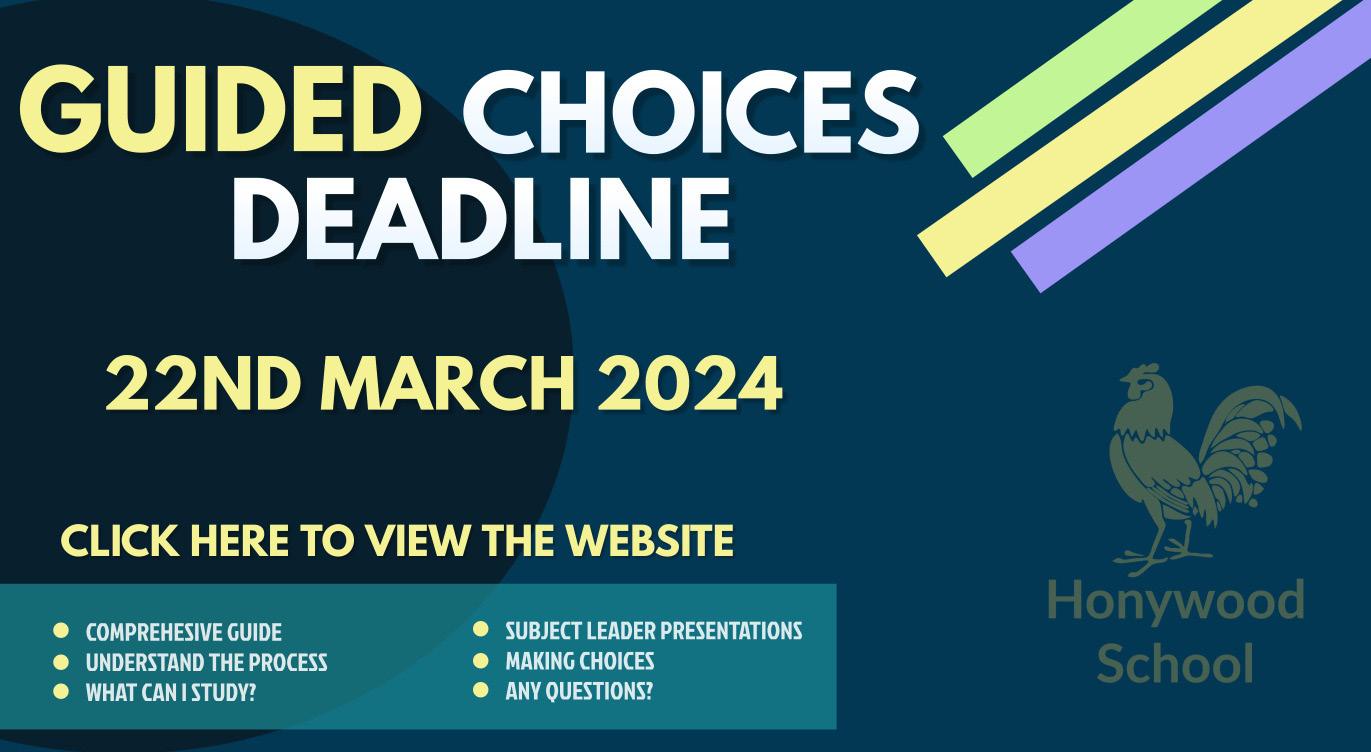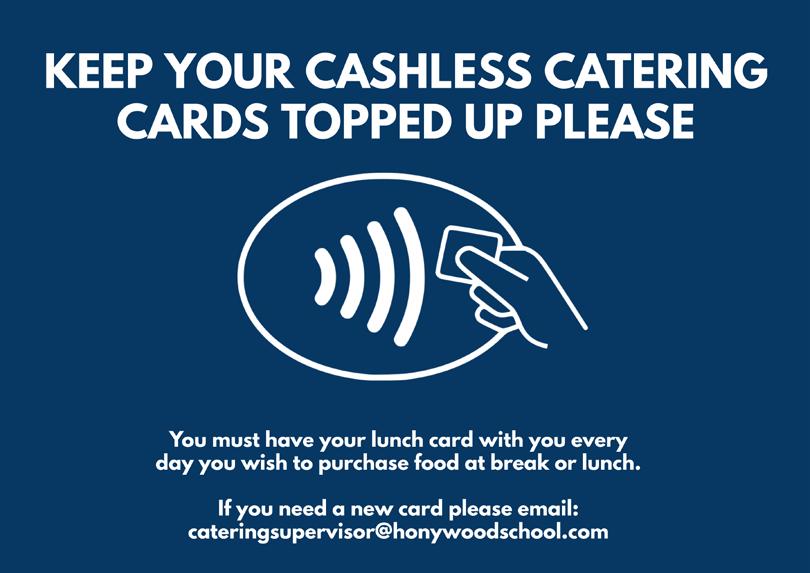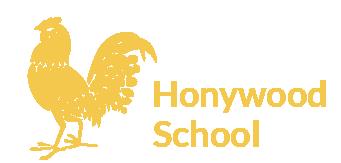
15th March 2024


15th March 2024
As we dive deeper into the academic year, our focus shifts towards preparing our learners for the summer term. While summer often symbolises exams for C11s, it also presents an invaluable opportunity for our learners to engage in work experience. At Honywood, we firmly believe in the importance of work experience in shaping the future of our learners, equipping them with essential skills, insights, and experiences that will serve them well in their academic and professional journeys. Last week, whilst covering Mr Gribben’s learning group, I shared the many jobs I had prior to being a teacher. They are a little eclectic, but all of them have contributed to the career I have today. I learnt about hierarchies and the importance of treating people with respect whilst working at a chicken factory; I learnt about empathy and kindness when working at a mortuary; I learnt about physical endurance when working on a farm; I learnt about the prejudice when working as the only male at a day nursery; and I met my wonderful wife whilst working at McDonalds.
This week, our C10 learners have been actively engaged in activities aimed at enhancing their employability skills. Through sessions on crafting credible applications, experiencing mock interviews, and undergoing training, our learners have been empowered to navigate the competitive job market with confidence and competence. They even learnt about the importance of using a sensible email address -(dungeonmasterdemon@gmail.com need not apply.) However, these preparations serve as just the tip of the iceberg in the broader context of work experience.
Work experience offers learners a glimpse into the real world, providing them with a platform to apply theoretical knowledge gained within the classroom

to practical scenarios. It bridges the gap between academia and industry, offering learners a first hand understanding of various professions, industries, and workplace dynamics. By immersing themselves in diverse work environments, learners can explore their interests, uncover hidden talents, and make informed decisions about their future career paths.
Furthermore, work experience cultivates a range of transferable skills that are crucial for success in both academic and professional settings. From communication and teamwork to problem-solving and time management, learners develop a multifaceted skill set that transcends the confines of the classroom. These skills not only enhance their employability but also empower them to navigate the complexities of the modern world with resilience and adaptability.
Work experience fosters personal and professional growth, instilling in learners a sense of responsibility, independence, and self-confidence. As they navigate the challenges and opportunities presented in the workplace, learners learn to embrace uncertainty, overcome obstacles, and seize every opportunity for growth and development. These experiences not only shape their character but also lay the foundation for lifelong learning and success.
At Honywood, we are committed to providing our learners with meaningful work experience opportunities that align with their interests, aspirations, and ambitions. Through partnerships with local businesses, organisations, and community groups, learners undertake a diverse range of placements across various sectors, allowing learners to explore a multitude of career pathways.
As our learners embark on their work experience journey this summer, we encourage them to approach this opportunity with an open mind, a positive
attitude, and a willingness to learn and grow. Whether it’s shadowing a professional, undertaking a project, or volunteering in the community, every experience offers valuable insights and lessons that will shape their future endeavours.
We would like to extend our heartfelt gratitude to the businesses, organisations, and individuals who generously support our work experience program and those that have been in school this week to support the mock interview process. Your commitment to nurturing the next generation of talent is truly commendable, and we are immensely grateful for your invaluable contributions to our learners’ development and success. We encourage our learners to be proactive in seeking to secure a placement that interests them. Thank you to families in anticipation of their support in helping learners with this.
I would like to thank Mr Ramsay who has been working hard behind the scenes to ensure careers information advice and guidance is embedded across the school. Currently Mr Ramsay has been working to achieve the Quality in Careers Standard for the school and is well on the way to achieve this.
The Quality in Careers Standard is the single national quality award for careers education, information, advice and guidance (CEIAG) in secondary and special schools, colleges and work-based learning. As the country’s dedicated national quality award, the Quality in Careers Standard – through external assessment –uniquely accredits the four components of the CEIAG: Careers Education; Careers Information; Careers Advice; Careers Guidance.
Should anyone in the community be able to support our careers programme please do contact Mr Ramsay.
I wish you a lovely weekend


Congratulations to Alfie Burkhill, C7, who had his first motocross race of the season last weekend, stepping up this year to the next race class, the 85cc group. This was also a British qualifier.
Race 1: not great start, caught mid pack but worked through nicely to gain a 2nd.
Race 2: Unfortunately had an issue meaning he wasn't ready when the gate dropped, resulting in being last into first corner. Alfie really showed what he can do on a bike however and dug deep to bring back a 3rd place.

Race 3: A better start, round the 1st corner in 2nd place. Alfie quickly moved into 1st position and held it.
Overall 2nd place for the day.
Great start to Alfie's championship campaign, and puts him in a good qualifying position for the British, going into the next round.

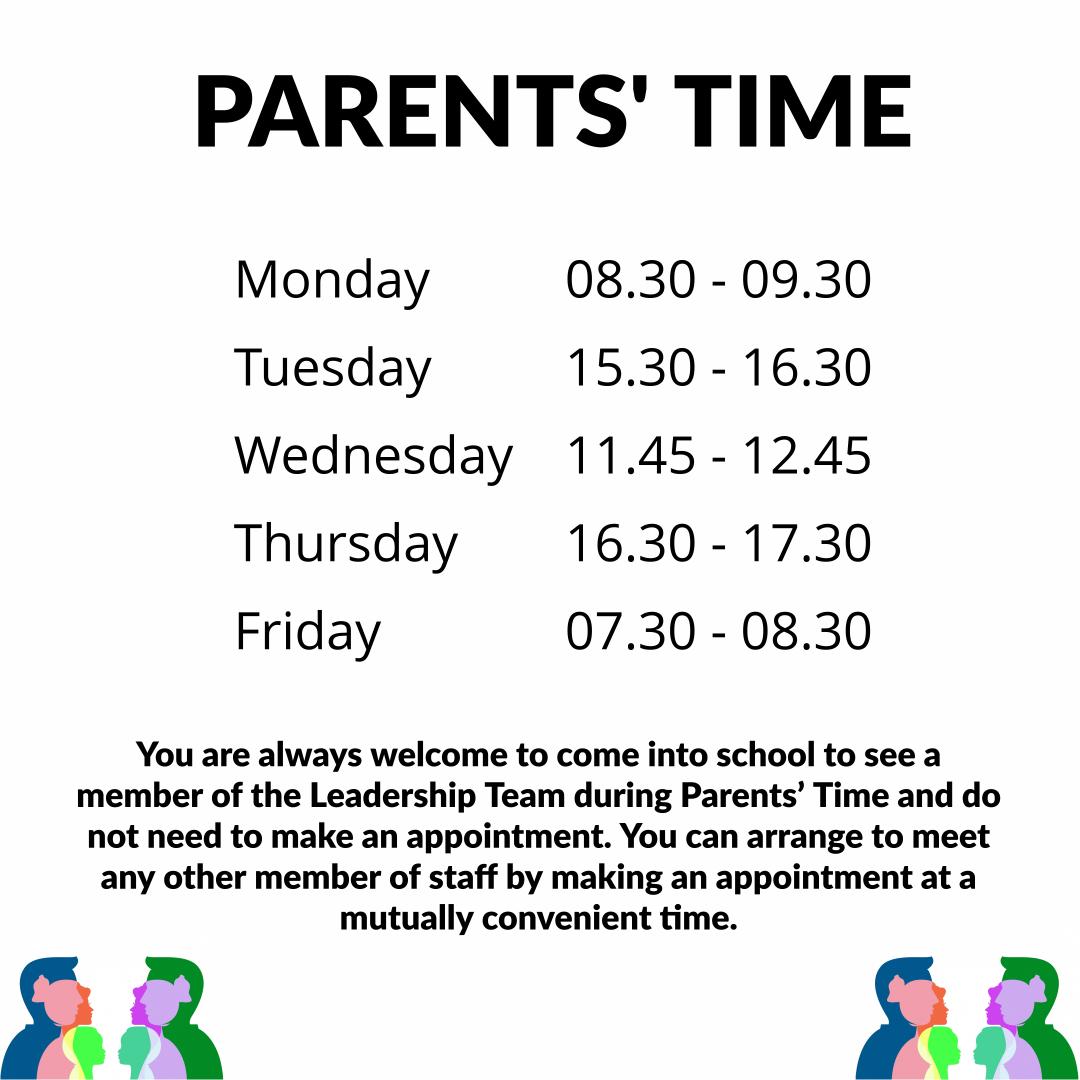 James Saunders
James Saunders
Getting ready for exams can bring out many emotions, ranging from excitement to apprehension, and elation to exhaustion. However you feel, these top tips will help you to approach the exams in a positive manner.
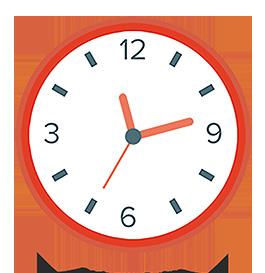
Don’t leave it until the last minute. It’s widely accepted that this is not the best way to approach an exam. To help sort out your time management, set up a timetable for your study. Write down how many exams you have and the days on which you have to sit them. Then organise your study accordingly. You may want to give some exams more study time than others, so find a balance that you feel comfortable with.

Make sure you have enough space to spread your textbooks and notes out. Have you got enough light? Is your chair comfortable? Are your computer games out of sight? Try and get rid of all distractions, and make sure you feel as comfortable and able to focus as much as possible. For some learners, this may mean almost complete silence, for others, background music helps. Some of us need everything completely tidy and organised in order to concentrate, while others thrive in a more cluttered environment. Think about what works for you, and take the time to get it right.

Visual aids can be really helpful when revising. At the start of a topic, challenge yourself to write down everything you already know about a topic - and then highlight where the gaps lie. Closer to the exam, condense your revision notes into onepage diagrams. Getting your ideas down in this brief format can then help you to quickly recall everything you need to know during the exam. Flash cards are useful for learning the relationship between two pieces of information - write a question or key term on the front and then the answer or definition on the back.
4. Practice past papers
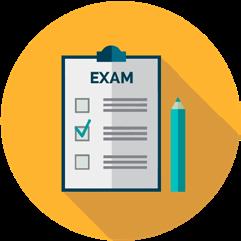
One of the most effective ways to prepare for exams is to practice taking past papers. This helps you get used to the format of the questions, and - if you time yourself - can also be good practice for making sure you spend the right amount of time on each section.
5. Organise study groups with friends

Get together with friends for a study session. You may have questions that they have the answers to and vice versa. As long as you make sure you stay focused on the topic for an agreed amount of time, this can be one of the most effective ways to challenge yourself. Explain an answer to a question to them. That will help you to get it clear in your head, and also to highlight any areas where you need more work.
6.

Studies have shown that for longterm retention of knowledge, taking regular breaks really helps. Everyone’s different, so develop a study routine that works for you. If you study better in the morning, start early before taking a break at lunchtime. Or, if you’re more productive later in the day, take a larger break earlier on so you’re ready to settle down come evening.
Remember that being well hydrated is essential for your brain to work at its best. Make sure you keep drinking plenty of water throughout your revision, and also on the exam day.
7. Get plenty of sleep

Getting enough sleep is vital to feeling and performing your best. A good night of sleep will help you feel more energetic, alert, focused and upbeat.
